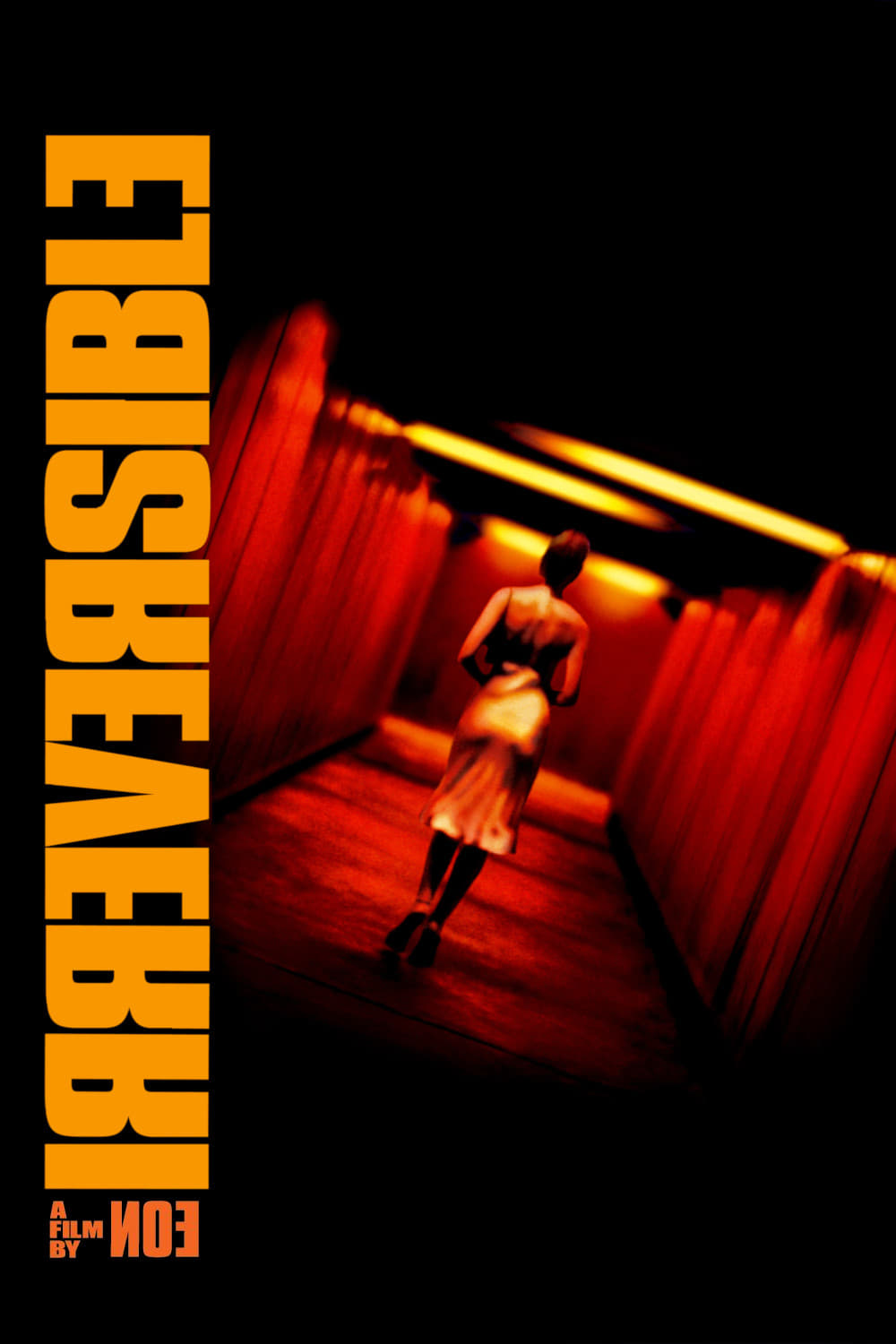
A woman’s lover and her ex-boyfriend take justice into their own hands after she becomes the victim of a rapist. Because some acts can’t be undone. Because man is an animal. Because the desire for vengeance is a natural impulse. Because most crimes remain unpunished.
30 Oct Irreversible (2002)
Kubrick for Dummies
One of the giants of film, Kubrick’s contribution was an exploration of plastic narrative within the story. A simple story just happens and the narrative stance is one of simple observance. Kubrick looked at competing perspectives, for instance ‘2001′ shifts among three perspectives (the human, HAL, the new consciousness), each with its own truth. The result is that any of all of it could be untrue or heavily coloured. While focused on tone, Kubrick never worked with extending this to the eye of the camera as dePalma has.
Now we have a blizzard of projects that honk around with the order of time, the stance of the camera, the truth of what is happening versus what is imagined, the introduction of ghost narrators, and the extremes of fantasy versus reality. All this is rolled into one package for us here, all the while quoting Kubrick’s subtle tale of imagined futures (sexual fantasies and consequences): ‘Eyes.’
We have the twelve sequences played in reverse, obvious enough. The trick is that when presented this way, we accept the events that happened later in time as if they really did because we have seen them and noted their brutality. They are played (once the camera stops swirling) each in one single take which makes them seem more real and our position more inescapably anchored in that reality.
We have the camera which is the dervish instrument in finding the appropriate universe between scenes and showing what is going on there. This eye is bluntly veristic when it arrives, but notably unanchored when it seeks registration in the next reality. At few times does it stay where a person might, always flitting into spots that are not those of a normal dramatic viewer, rather a ghostly presence which subliminally turns us into imagined beings.
We discover at the end, sixth-sense wise, that all we have seen is probably an Alice-like musing on the grass from reading a book and ending in a tunnel-like fantasy. ‘Alice in Wonderland’ incidentally has twelve sequences. Alice (here Alex) is in a sexually unfulfilling marriage with Marcus. She imagines having a child (put the sequences back in order) and life of unconstrained sex with his friend Pierre, indeed a situation where they talk constantly about how Marcus couldn’t satisfy her. Pierre wants anal sex, so her ‘child’ becomes a tapeworm (tenia). And so it goes.
Or not. We equally have an equally powerful framing device in the beginning with ‘the Butcher’ from a previous film, talking to a (real life) film director, telling a story that becomes the story we see coming from the utterly fantastic Rectum. Some elements which support this ironic narration: that opening scene includes an inanimate (comatose?) woman whose right foot is briefly seen. The pedestrian in the tunnel who briefly views the rape is probably Pierre, who is later told that half as much energy as finding La Tenia could have saved Alex and to think about it. La Tenia is not the guy killed, merely a friend.
Or maybe even not that. What we may have is a ‘Jules and Jim’ situation where a contested beauty is ‘invented’ as a matter of competitive sexual fantasies.
I am quite a bit less impressed with a filmmaker who copies ideas, but the synthesis here of ideas from others is very competent. At least this is intelligent fare, not at all like ‘Baise-Moi’ to which it is frequently compared. It is not graceful or original, but it is competent and effective as can be.
Posted in 2003
Ted’s Evaluation — 3 of 3: Worth watching.


No Comments